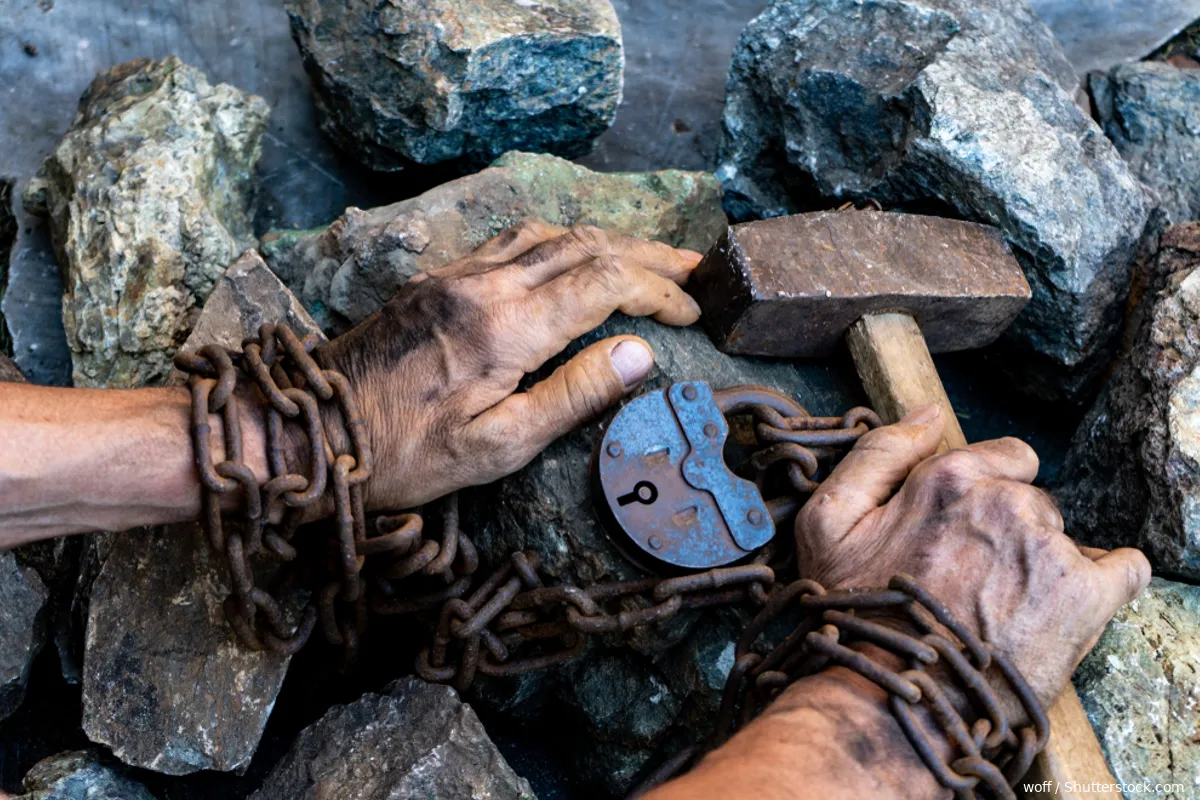A lesson program on the history of slavery for grade 6 children has caused outrage. The program, called "Keti Koti Junior," was developed by the National Institute of Dutch Slavery History and Heritage (NiNsee). It addresses painful topics such as branding, the slave trade and resistance. Some critics find it inappropriate that white children are being fed a guilt complex by a Ghanaian from the Ashanti tribe, who was involved in the slave trade.
A lesson program on the history of slavery for grade 6 children has caused a wave of outrage. The program, called "Keti Koti Junior," was developed by the National Institute of Dutch Slavery History and Heritage (NiNsee) and aims to make young children aware of the painful history of slavery writes AT5. However, voices have emerged criticizing the program's approach, viewing it as an inappropriate guilt induction.
The lessons of "Keti Koti Junior" discuss topics related to the slavery past, such as branding, the gruesome journey across the sea and resistance to slavery. While some children see it as intense but important to learn about this, some parents and critics are concerned about the way the program is presented.
One source of criticism is directed at Ghanaians from the Ashanti tribe, who are involved in the curriculum. Some critics find it hypocritical and bizarre that white children are being given a guilt complex by someone from a tribe that was itself involved in the slave trade. In fact, the Ashanti tribe traded slaves themselves. They argue that this is a form of generalization and simplification that detracts from a nuanced understanding of history.
Help DDS get through these difficult times. Help us make a fist against the mainstream media as well as the party cartel. Fight side-by-side with us. Donate on BackMe and fight side-by-side with DDS against the globalist elites.
In addition, concerns are raised about the impact of the curriculum on young children. Addressing children at such a young age about fraught topics such as slavery can lead to confusion, guilt and an unhealthy form of collective responsibility. Some critics argue that lessons on slavery should be presented in a more balanced and age-appropriate way that also highlights the resilience and resistance of the victims of slavery. Don't bother children with the white man's burden.








Place comments
0 Comments
You are currently seeing only the comments you are notified about, if you want to see all comments from this post, click the button below.
Show all comments